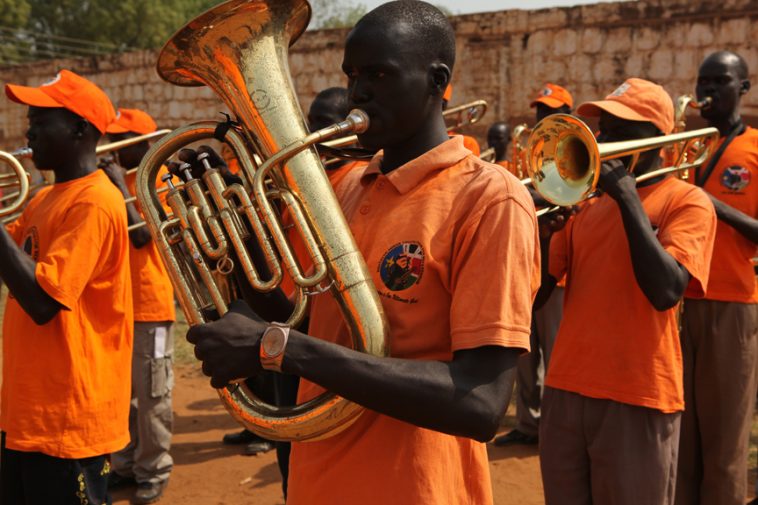Blank verse is unrhymed iambic pentameter. An iamb is a metrical foot consisting of one short (or unstressed) syllable followed by one long (or stressed) syllable. Pentameter means there are five of those in a line. You most likely known the sound of blank verse and don’t even know it. Recognize this?
But, soft! what light through yonder window breaks?
It is the east, and Juliet is the sun.
Romeo below Juliet’s balcony in that very most famous love scene—whether you read the Shakespeare play, saw the Franco Zeffirelli sexy! movie (as I did) in 1968 when I was twelve or thirteen or the updated Baz Luhrmann spectacle from 1996 with Leo!—that, indeed, is blank verse iambic pentameter.
Some call it the heartbeat of the English language.
Every now and then, it serves a predominantly free verse poet like myself to try her hand at writing in a stricter form. That was my assignment to myself in the middle of January. An exercise in a book I’d been reading—Mary Kinzie, A Poet’s Guide to Poetry—suggested writing a meditation triggered by seeing a particular scene, with a close reference to a place, with the poem somehow returning to the scene with wisdom or understanding (of some sort) by the end. I gave myself a few words as a place to start—I think they were tassel, blinker, maybe pageant. And then fiddled from there.
I never expected to write about what I did but, truth to tell, it is a fascinating task to find the words that fit the beat, and the requiremnts of the form and not have them add up, in a rote fashion, but rather become a poem. First go around, the parader was my grandfather but, upon revision, too many syllables so I used poetic license to fictionalize a bit. This is one of my poems that has yet to find a publication home—and at this point probably never will—so I thought I would reproduce it here as an example of the blank verse form.
Bystander
A hot rod fires, spits sooty pipe exhaust,
into the team of Shriners following fast.
My father wags the tassel on his fez,
brings white-gloved hand to mouth, a stifled cough.
Our town’s centennial that marching spring,
the whole family played parts except for me.
My mean-girl silence jailed me on the porch
where I refused to wave, refused to pledge.
At twelve, I knew—well, better than the rest,
such blinkered fools refusing yet to see
hypocrisy, the lies parading feet
and tanks of armored pageantry can’t trump.
For Life had proof: the Buddhist monks on fire,
self-immolation in protest of war.
And night-by-night, the news beamed forth more truth—
the caskets draped, hauled weighty from a plane.
No beauty queens to wave from Cadillacs,
no strutting bands or trooping Eagle Scouts,
just restless silence, then the trumpet’s Taps.
Saluting: more white gloves and heart-held hats.
When casting back, the rag man comes to view,
his saggy wagon strung with tins and twine.
He lost his leg in battle overseas;
from time to time, my father gave him work.
He wobbles down and limps into the street,
a tiny waving flag in his right hand.
And hops to where I sit, my arms a cross.
Then smiles, Cheer up, it’s spring, he says, and winks.
The public domain photograph above is of a South Sudan marching band in 2011.
- Tis the Season… - December 22, 2025
- Acceptance News: Red Door Magazine - November 10, 2025
- A Day of Shadows and Sun - November 10, 2025

